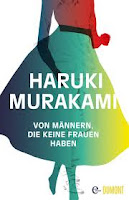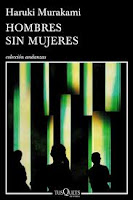"To translate a dialect into any other language is not easy — it is, in fact, a challenge. I tried to do it in different ways, but did not get a satisfying result. In Chinese, dialect is too complicated. The difference between Peking speech and Nanking speech is not similar to the difference between Tokyo speech and Osaka speech, in Japanese.
In the Chinese language, we can use different dialects to read the same simple sentence; magically it will sound very different, because each character’s pronunciation and accent are different in different dialects. So finally, I realized that there was no need to translate it [i.e. it was enough to say that Kitaru is speaking in Kansai dialect for the reader to read it differently].
I agree with the opinion of Edward Seidensticker and I also admire the translation of Philip Gabriel:
“Yeah, for sure,” Kitaru replied in his heavy Kansai accent."





